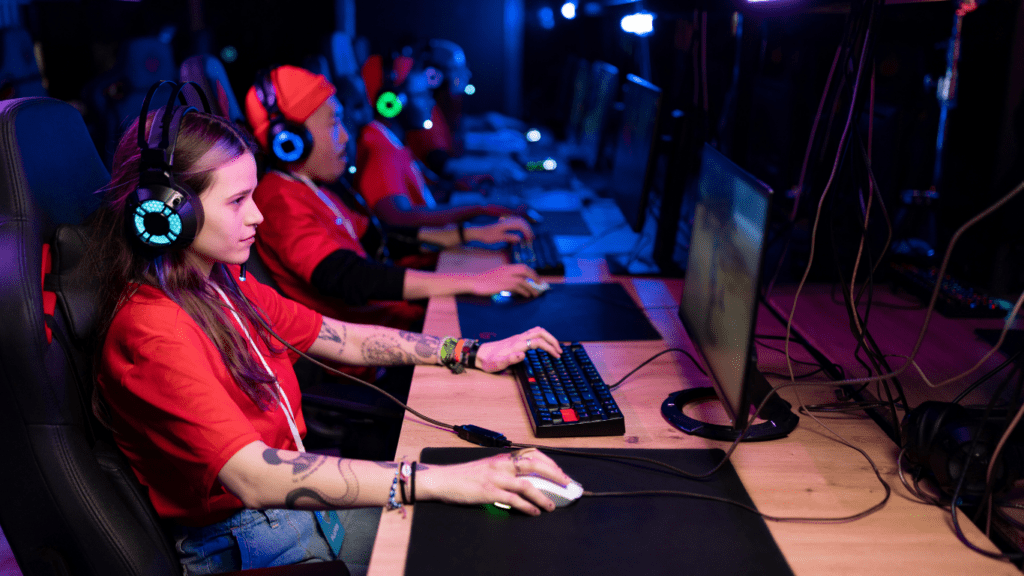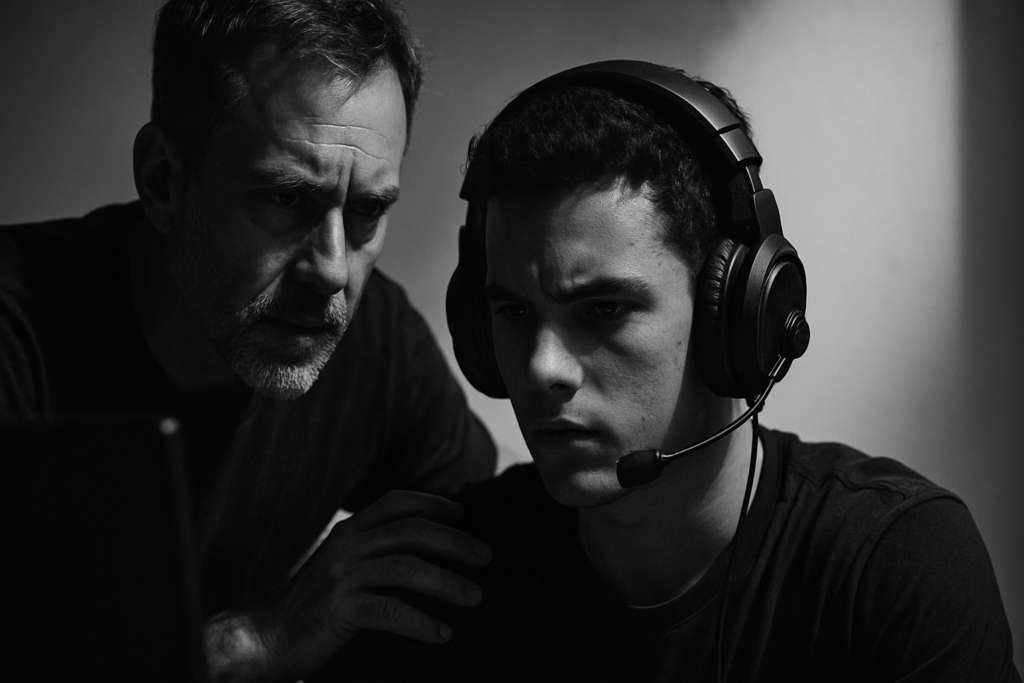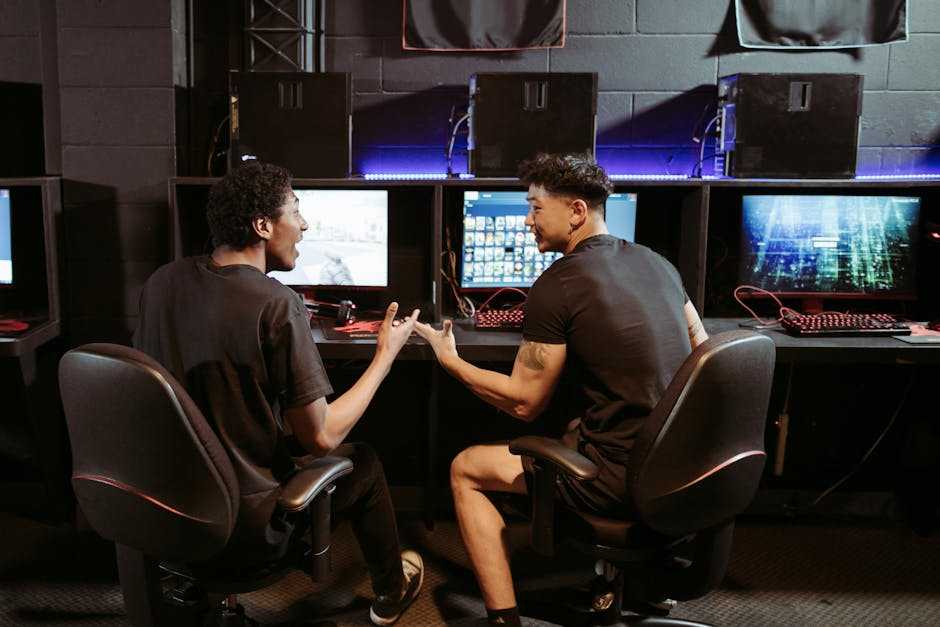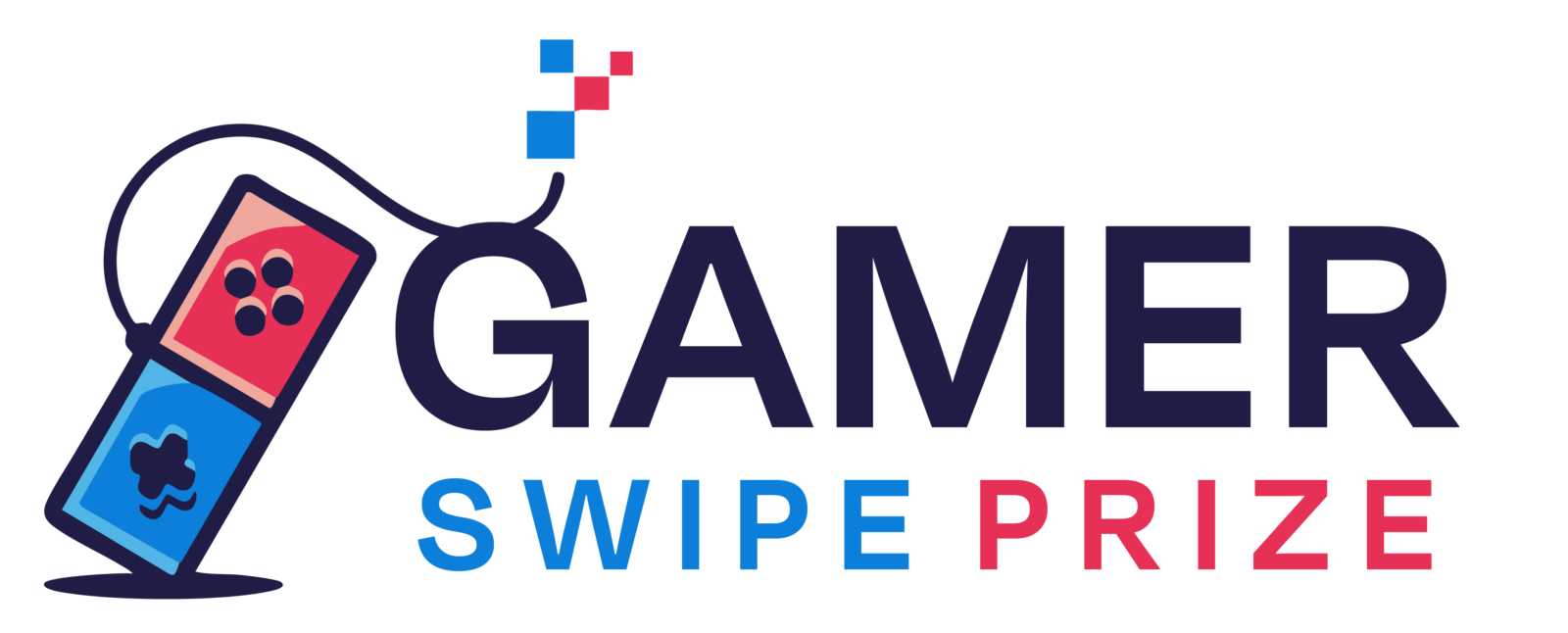The Growth Of Esports In 2024
Esports continues to expand rapidly in 2024, drawing larger audiences and increased sponsorship. Global esports revenues are projected to surpass $1.9 billion this year, according to Newzoo, driven by rising viewership and investments in infrastructure.
New regions, including parts of the Middle East and South America, are gaining prominence in the competitive scene. Teams from these regions are achieving notable placements in international tournaments like The International and MSI, showcasing their growing skill levels and strategic innovations.
The rise in mobile gaming esports, with games like PUBG Mobile and Free Fire, is attracting younger audiences. This demographic shift is shaping advertising strategies as brands aim to engage players through tailored collaborations.
Esports organizations are innovating content delivery using immersive technologies. Virtual reality experiences and interactive streams are offering fans new ways to engage with their favorite teams and players, enhancing overall viewership experiences.
Colleges and universities are also strengthening esports programs, contributing to the creation of structured pathways for aspiring talent. Scholarships and training facilities are becoming common, further cementing the legitimacy of esports as a professional career.
Rising Esports Teams To Watch
Esports in 2024 is witnessing a shift as rising teams challenge traditional powerhouses. These teams are making their mark through exceptional performances, innovative strategies, and diverse backgrounds.
Leaders In Competitive Gaming
Several teams have emerged as leaders in some of the most competitive esports titles. Fnatic’s Valorant roster continues to outperform expectations, securing top-three placements in major tournaments like VCT Masters. Talon Esports’ League of Legends squad, hailing from the PCS region, has impressed international audiences with consistent gameplay and deep runs at events like MSI 2024. In CS:GO, Apeks showed its potential by reaching quarterfinals in multiple S-Tier events, rapidly climbing global rankings.
These teams are gaining attention for their focus on tactical precision, adaptability, and fostering young talent. For example, Fnatic’s mix of experienced players and rookies ensures consistent results while pushing gameplay boundaries.
Emerging Regional Teams
Emerging regions are becoming hotbeds for talent and innovation in esports. Middle Eastern teams, such as Team Falcons in Rocket League, are steadily improving their global standing with strong performances in RLCS. Latin America’s Leviatán continues to gain traction in Valorant, reaching international LANs and bringing a new level of competition to the region.
The rise of SEA-based mobile titles, such as Free Fire, has spotlighted organizations like EVOS Esports, which dominates regional tournaments while building its presence globally. South Asian talent is also breaking through in games like BGMI, with teams like GodLike Esports making waves in newly formalized circuits.
These regional teams are capitalizing on their local fanbase and pioneering strategies in emerging game titles, which sets them apart in a crowded esports landscape.
Key Games Dominating The Esports Scene

Esports in 2024 features a diverse range of games, capturing attention from global audiences. New and innovative titles are rising alongside established games, leading to a dynamic competitive landscape.
Popular Titles And Their New Stars
Several classic esports titles continue to dominate, driven by emerging talent. League of Legends thrives with teams like Dplus KIA showcasing growing synergy and securing top spots at Worlds. CS:GO remains competitive, with organizations like Monte rising in the ranks due to their sharp tactical plays. In Valorant, Team Heretics has emerged as a formidable force, leveraging bold strategies to compete at Masters-level events.
Dota 2 sustains its popularity, with Tundra Esports delivering impressive advancements in macro play. Rainbow Six Siege sees new stars such as MNM Gaming excelling with innovative approaches in global tournaments. These teams represent a combination of veteran guidance and fresh skills, maintaining relevance in competitive circuits.
Innovative Games Gaining Traction
New titles are redefining the esports meta, drawing wider audiences. Mobile Legends: Bang Bang captures the Asian market, with ONIC Philippines gaining attention through unique drafts and high-speed gameplay in MPL events. Free Fire, a mobile battle royale, makes headlines with teams like Alpha 7 Esports dominating regional circuits.
Simulated sports games are growing, with FIFA and NBA 2K esports leagues expanding worldwide. Titles like Street Fighter 6 are gaining steam in the fighting game community, with players such as Punk elevating the competition with precise execution. The rise of cutting-edge genres fosters further innovation, reinforcing the diversity of the esports ecosystem.
Factors Behind Their Success
The success of rising esports teams in 2024 stems from a combination of:
- well-executed strategies
- solid teamwork
- financial backing
- sponsorships
that fuel their growth and competitiveness.
Strategy And Teamwork
- Strong strategies and cohesive teamwork enable rising teams to contend with established organizations.
- Teams prioritize tactical precision by analyzing opponents’ weaknesses, refining game-specific strategies, and executing adaptive plays under pressure.
- Fnatic’s Valorant roster showcases exceptional collaboration, leveraging role-specific expertise and communication to dominate high-stakes tournaments.
- Mentoring young players has also elevated performance, with organizations investing in skilled coaches who guide teams toward improvement in critical areas like coordination and shot-calling.
- This foundation promotes consistent gameplay, ensuring teams perform during pivotal matchups.
Investment And Sponsorships
Investments in infrastructure and sponsorship deals provide these esports teams with the resources required to excel. An example is Leviatán, which secured several local sponsorships that bolstered their recruitment capabilities and ensured upgraded gaming facilities. These funds also cover international travel for competitions, further enhancing their visibility.
Sponsorships from endemic brands, such as hardware and gaming peripherals, as well as non-endemic ones like apparel and food, bring financial stability. For instance, partnerships between mobile gaming teams like EVOS Esports and regional tech firms help them pioneer advancements in training resources and broaden their reach among fanbases.
Challenges Faced By Rising Teams
Rising esports teams in 2024 face unique hurdles as they navigate a rapidly evolving and highly competitive landscape. Addressing these challenges is crucial for sustained growth and success.
Competition From Established Teams
Established teams possess a wealth of experience, financial stability, and dedicated fanbases. Legendary organizations like G2 Esports and T1 have built reputations through years of consistent success, making them formidable opponents. These teams often have access to state-of-the-art training facilities, advanced analytics, and seasoned coaches. For rising teams, overcoming such advantages requires innovative strategies, disciplined practice regimens, and exceptional performance in high-stakes matches.
Many rising teams struggle to secure scrims or training opportunities with top-tier opponents. Without this exposure, it’s harder to adapt to elite-level gameplay, which widens the performance gap during international tournaments. Building partnerships, attending boot camps, and competing in regional qualifiers help mitigate this challenge.
Managing Public And Media Expectations
As audience enthusiasm grows, rising teams face mounting scrutiny and public pressure. Social media platforms amplify every move, increasing the stakes with real-time feedback from fans and analysts. High-profile tournaments place teams under a global spotlight, leaving little room for error. Managing these expectations while maintaining focus is an ongoing battle for players and staff alike.
Sponsors and brands amplify the pressure further by expecting quick returns on investments, especially after initial successes. Teams like Talon Esports and Leviatán have seen how early hype can create unrealistic standards for consistent performance. Mental health support, media training, and transparent communication with stakeholders are necessary to maintain a balanced approach amid challenging circumstances.





